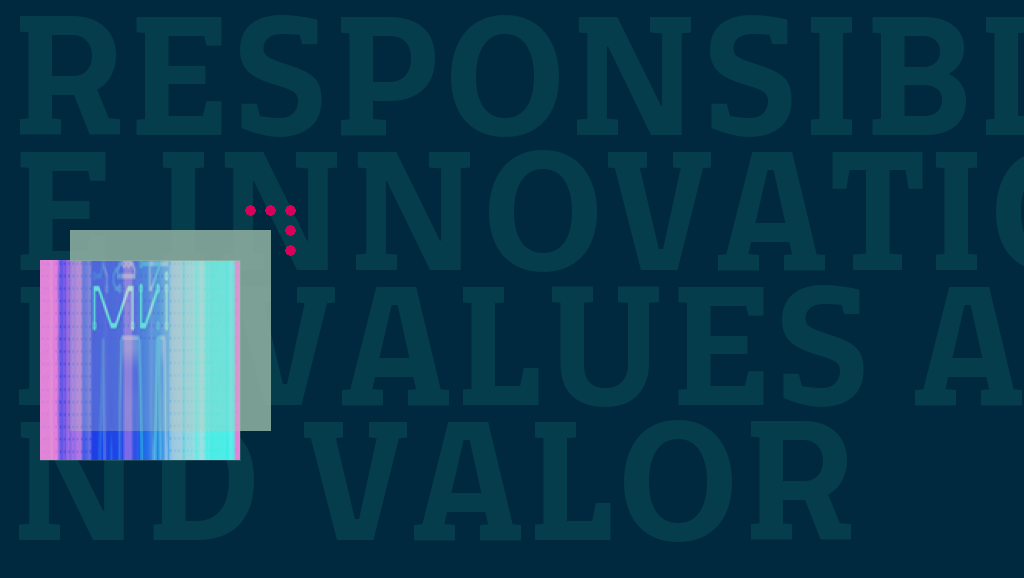On May 21 – 22, the Netherlands Organization for Scientific Research (NWO) hosted the Third International Conference on Responsible Innovation in The Hague, The Netherlands. The conference brought together researchers from various academic disciplines, as well as representatives from both public and private sector to discuss the merits, practices and necessity of responsible innovation for technological development.
I attended the conference on behalf of the Bassetti Foundation, presenting a poster that I co-authored with Cristina Grasseni of Utrecht University, a long time Foundation collaborator. The poster session was well attended, and we were privileged enough to have been one of only 4 presentations chosen for the event.
The poster was entitled Food Sovereignty and Social Sustainability through Solidarity Economy Networks: a Case Study of Responsible Innovation, and the full extended abstract is available here.
The poster presentation caused a great deal of debate about industrial food production and alternative approaches to provisioning. Comparisons were mede to the Netherlands (where there is a long history of cooperative buying) and to similarities with systems that are prevalent in Argentina.
Photos of the posters and presenters are available via the Foundation’s Flicker account.
Having spent the last 3 years in the USA, I found the conference refreshingly grounded in real life stories. This was not an STS driven conference (in the way that the S.NET or other US based meetings tend to be), and the organizers had obviously tried to involve a wide spectrum of both academic and civic institutions. The result was a well grounded debate based around real world experience.
Tsjalling Swiersta opened the conference with a Keynote address in which he reflected upon the conditions within which the concept of RRI could come to the fore. He discussed the financial crisis, the relevence of public funding, the increasing voice of technological victims, the rise of ‘postnormalscience’, the increasing entanglement of technology and the life world and what he calls the ‘practice turn’ in the study of science technology and society.
A full video of his speech is available on the MVI community Youtube channel, along with Jeroen Van Hoven’s Keynote and the live streams that I will describe later.
In his keynote Van Hoven outlines 5 areas of interest that he uses to explain the concept of moral overload, and to argue that the acceptance of situations of moral overload may lead to responsible forms of innovation. He gives examples of how value sensitive design can be used to solve many of our 21st century problems. His Dutch examples of possible responsible innovations and his moral obligation slides are very clear, and the entire speech is interesting and thought provoking.
His conclusion involves a description of several levels of responsible innovation, and the definitions used and moral requirements outlined are extremely thought provoking. He closes with a comparison between responsible innovation and the lazy chair stating that “we should think about processes, organizations and institutions that facilitate and enhance responsible behaviour by human beings in particular roles”.
The third Keynote speaker was Lynne Markus, who delivered a speech entitled Gig Data, Big Decisions: Valorization and Value Conflicts. Although this speech is not currently available online, I am assured that it will soon appear in full alongside the others.
In her presentation Markus reviewed some of the key themes and findings of a recent US NSF funded workshop to develop a research agenda on the social, economic and workforce implications of big data. Markus is Principal Investigator of the project and offered some extremely insightful observations.
The conference offered a series of well delivered papers, and both the program and the abstract booklet are available for download here. As I stated above the approach was very much hands on, with several of the sessions taking on as case study feel.
The sessions were interspersed with Science and policy sessions that were streamed live. These were designed to open up the debate to a non academic audience, and were all hosted by Dutch TV and radio presenter Pieter van der Wielen and included a host of interesting guests.
Topics approached included energy, health care and dual use technologies, military technology and the development of responsible innovation. The videos are all available through the MVI link above, and the discussions make a refreshing addition as they bring the debate into common language and use everyday terms of reference.
This was a very interesting and thought provoking conference, and I would like to congratulate the organizers and participants on behalf of the Bassetti Foundation.
—————
















